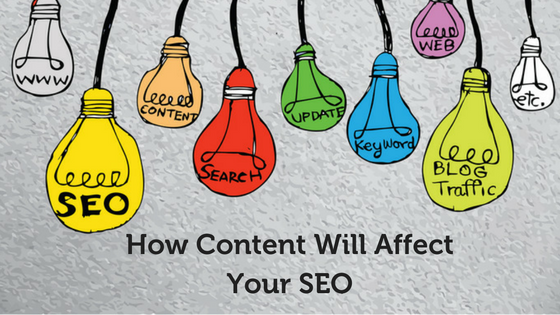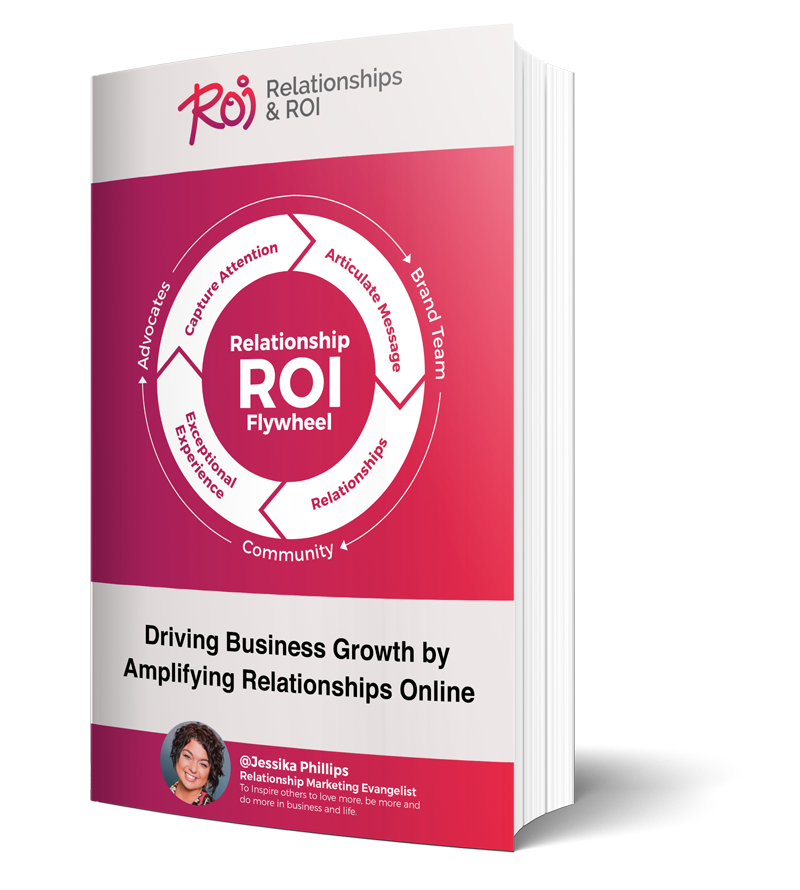In the world of Search Engine Optimization (SEO) content rules!
Let’s talk briefly about smartphones - are you apple or android? If you have an iphone you have Siri in your hands at all time. And if you’re android you probably have access to the Google App and Microsoft's Cortana is now in public beta. All of these things have one thing in common. You can talk to your phone and receive a search engine answer almost instantly. But people aren’t speaking keywords to phones, they are speaking in full sentences.
Keywords aren’t the only thing be searched anymore, long-tailed descriptive sentences are!
We all know search engines help people find our websites. But what helps search engines recognize our websites is the content that is on them. In this new day content should be used to attract people first. If you do that the search engines will come to you.
New algorithms search not just for keywords but the meaning behind the search. What are people really asking? So when we write content for webpages we need to write with people in mind. The best way to do this is to answer questions. Focus on the buyer.
How often have you started a search with, ‘How do I …?” I’ve probably begun a search like this thousands of times (Thanks Siri!).
The best way to play in the game is to incorporate long-tailed descriptives into your website. These are often used in the title and URL. For each page, be focused on one idea, one long-tailed keyword, writing content around what people are looking for. The more pages your website has the better. For instance businesses with websites that have 401 to 1000 pages get 6x more leads than those with 51 to 100 pages.
And, for each keyword you want to rank have 100 words of content. Use that content to educate.
The average content length for a web page that ranks in the top 10 search engine results for any keyword on Google has at least 2,000 words. The higher up you go on the search listings page, the more content each web page has.
If a post is greater than 1,500 words, on average it receives 68.1% more tweets and 22.6% more Facebook likes than a post that is under 1,500 words.
All of this leads to one great one way to create content and stay relevant: write blogs!
Use it as a how-to or FAQ section. Blend the blog with your website and social media pages. Be a part of the conversation. Creating quality content will help your website be found by search engines.
Remember, attract people first and search engines will follow!




Comments